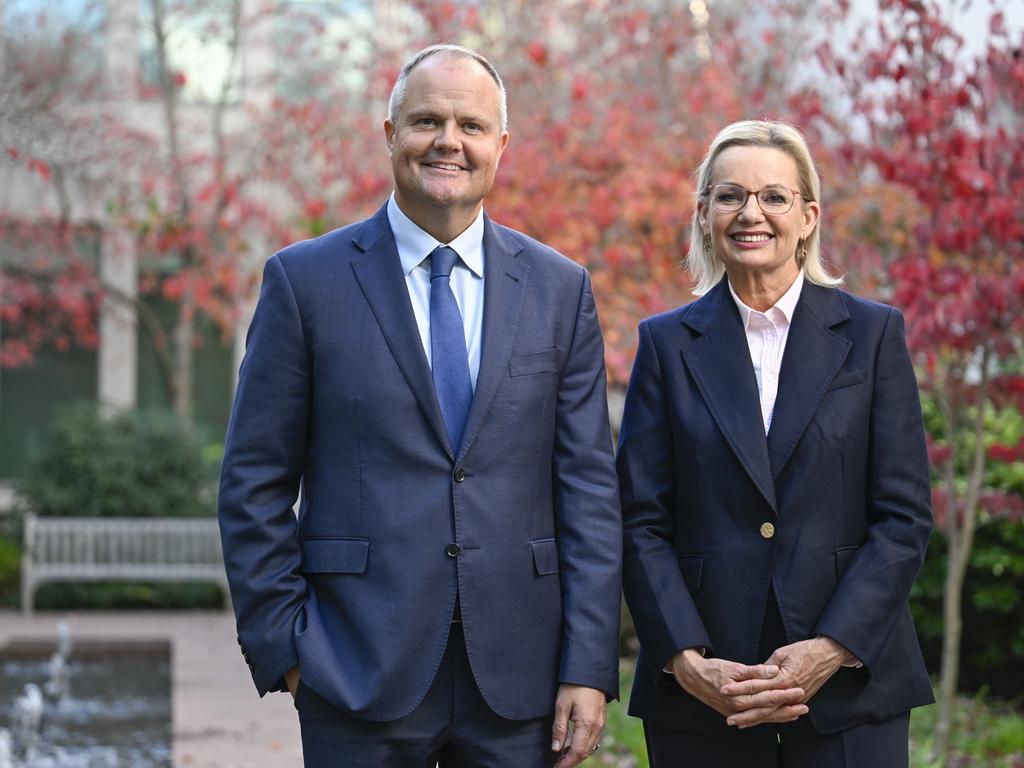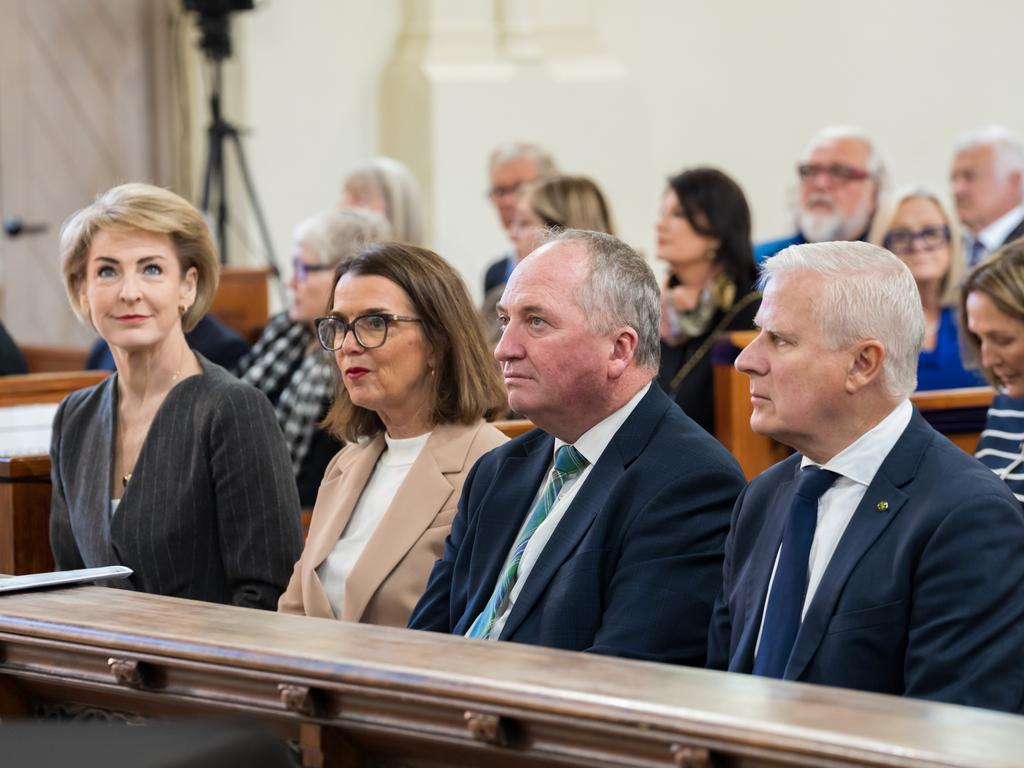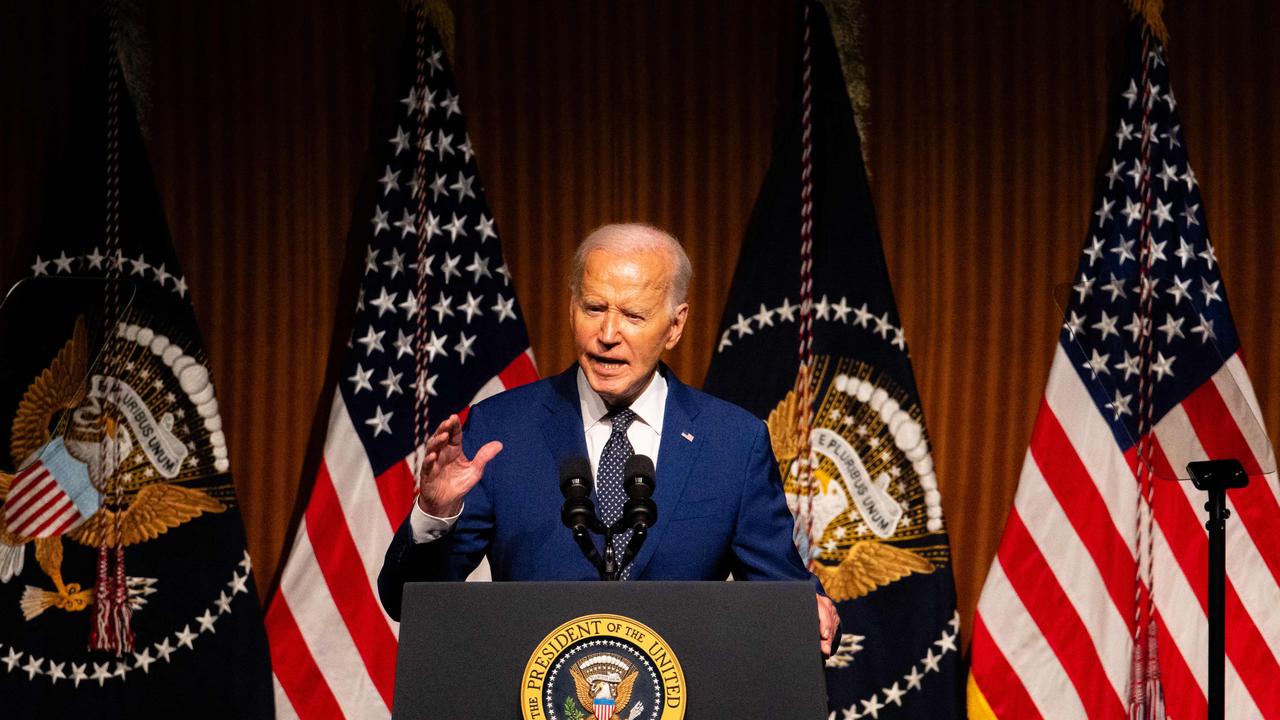
Around the time that he was elected the 43rd US president, George W. Bush was reported to have said about his many critics: “They misunderestimated me.” The quote is cited in Jacob Weisberg’s George W. Bushisms and has never been denied. Bush was known for his tangled speech. But in this instance he was correct. Bush was underestimated. The point was demonstrated when the Republican president was re-elected in 2004.
Anthony Albanese is of a similar view to the former US president – a position he has stated on many occasions. For example, in late December 2024, during a media conference in the Victorian town of Horsham, he said: “I have been underestimated my whole political life.” A poll in the Nine newspapers around that time had Albanese with a net approval rating of minus 17 compared with Peter Dutton’s net rating of zero.
Yet in just over four months the Prime Minister was to lead the Labor Party to one of the greatest election victories in Australian political history at the federal level.
There are quite a few political commentators and columnists – of both the centre-left and centre-right, along with politically neutral types – who have reason to regret what they wrote and said about how Albanese was failing as Prime Minister.
It is common for critics of the Labor Party and trade union movement to dismiss those who belong to the labour movement as lacking in management skills. This overlooks the fact most of those who rise to the top of the Labor Party and trade unions, having negotiated their way through the factions, have real ability.
Those who have known Albanese since his days as a left-wing activist at the University of Sydney and in his early years in the ALP’s NSW branch will attest to his political skills. Then there is his encyclopedic knowledge of electorates throughout Australia, including a grasp of Labor’s candidates and their opponents.
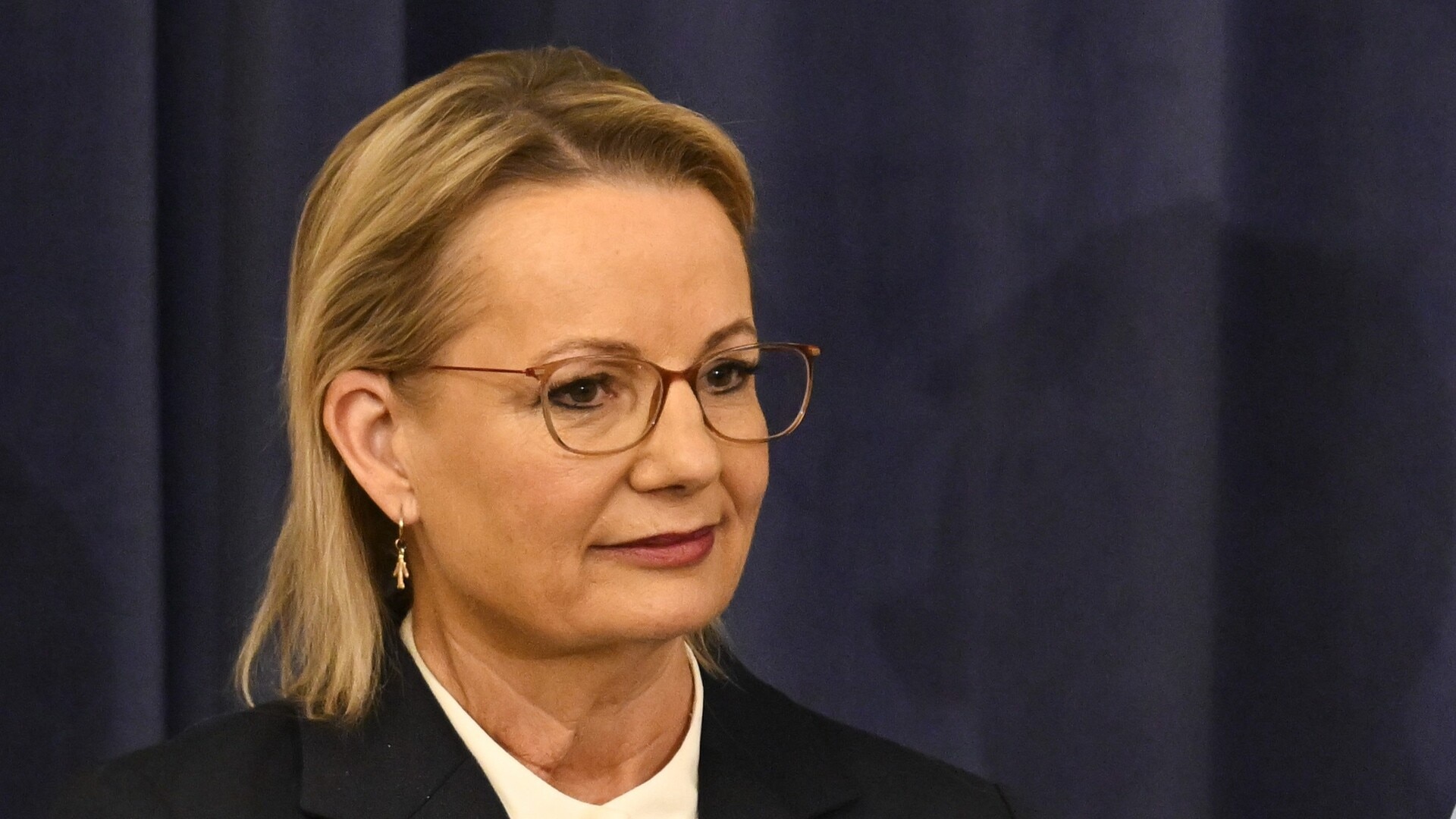
From early 2025, sources in the Labor Party were saying privately that Labor would attain majority government and Dutton would be defeated in his seat of Dickson in outer Brisbane. And so it came to pass. But the Liberal Party did not have the faintest idea of the magnitude of the defeat that was coming.
In short, modern Labor – now that the Labor splits of 1916 (over conscription for overseas service), 1931 (over economic policy at the time of the Depression) and 1955 (essentially over how communism should be fought, egged on by Labor’s erratic leader Bert Evatt) are matters of almost ancient history in the contemporary match-fit fighting machine.
This is not always the case with the Liberal Party. However the four Liberals who led the Coalition to office defeating an incumbent Labor government – Robert Menzies (1949), Malcolm Fraser (1975), John Howard (1996) and Tony Abbott (2013) – were match-fit leaders who knew what they stood for and were not afraid to say so.
All except Fraser were involved in politics at university and at 25 Fraser won a seat in the House of Representatives. All four were experienced political operators when they became prime ministers.
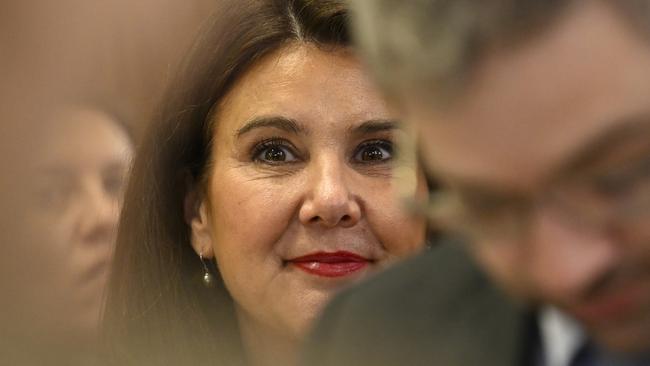
Leaving policy aside, the modern Labor Party is more politically skilled than the modern Liberal Party. That’s why the Liberals – along with the Nationals – need to ensure their most skilled politicians get important political jobs.
During this term of government, the only real influence the Coalition will have is in the Senate (where it will be, on occasions, in a balance-of-power position) and in the Senate estimates.
The standout performers on the Coalition side are the Nationals’ Bridget McKenzie and Matt Canavan, along with the Liberals (in alphabetical order) Andrew Bragg, Claire Chandler, Sarah Henderson, Jane Hume, Jacinta Nampijinpa Price, James Paterson and Dave Sharma.
In the shadow ministry announced by Sussan Ley on Wednesday, Chandler, Henderson and Hume were dropped altogether. And Nampijinpa Price was demoted from the shadow cabinet to the outer ministry. Moreover, Sharma got a position beneath his pay grade.
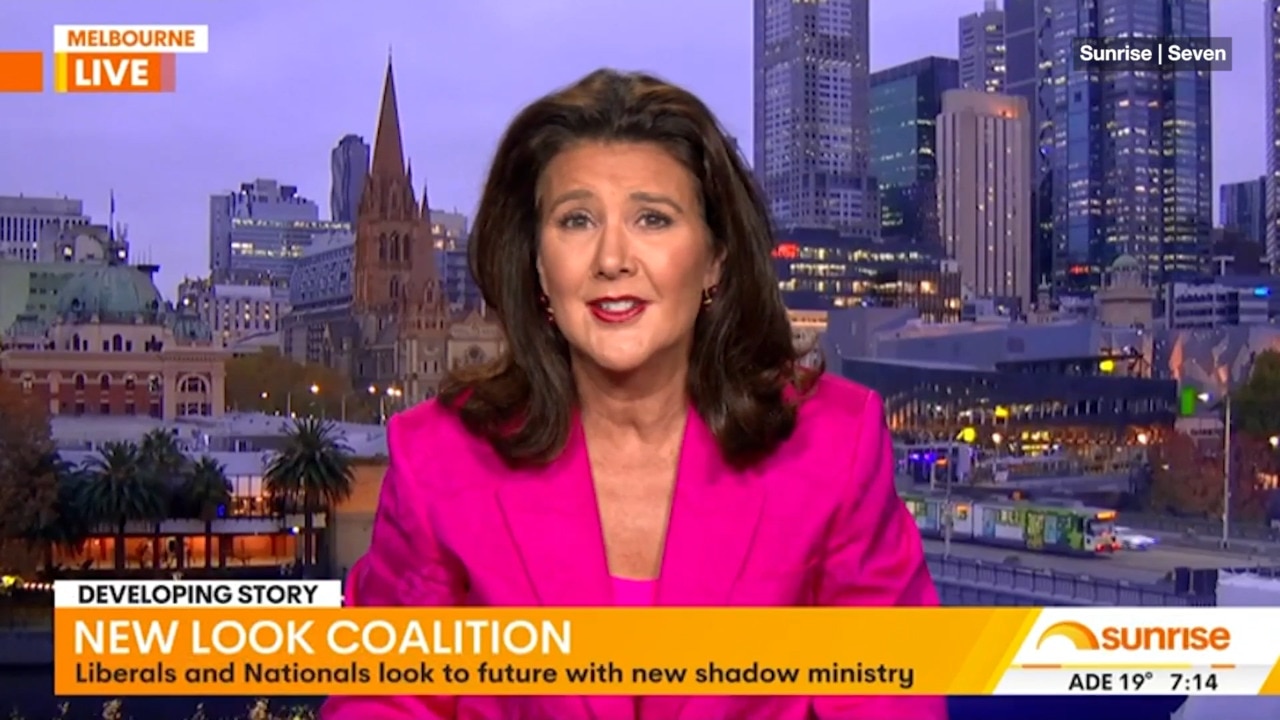
It is true that Hume made an error when she spoke before the election on the Seven Network Sunrise program about “Chinese spies”. The reference should have been to a few agents of the Chinese Communist Party attempting to operate in Australia to support one Labor candidate – the offer was not accepted.
Hume also was marked down for her support for advocating abolishing work from home arrangements in the Australian Public Service. However, this policy was approved at the time by the leadership group before it was abandoned. Consequently, the blame should be shared.
Chandler and Henderson, conservatives both, appear to have been dropped without reason. Likewise with respect to Nampijinpa Price’s demotion.
Nationals leader David Littleproud nominates the Nationals to fill shadow ministry positions. In the previous parliament, the able Keith Pitt was excluded. On this occasion the political street fighter Barnaby Joyce is not in the shadow ministry. Along with Michael McCormack, who on ABC television on Thursday indicated that he might like to replace Littleproud. And Canavan does not want to be part of the frontbench while the Nationals remain committed to net zero emissions by 2050.
All up, it looks like a football team on the bottom of the ladder that has left some of its best players in the shed as they run on the field to take on the reigning premiers.
The Opposition Leader deserves time to put pressure on the Albanese government and her shadow ministry is not without talent. The Labor frontbenchers and backbenchers have more political skills. However, it is fair to say that Labor’s victory on May 3 was not without some luck. The effect of Cyclone Alfred, the erratic behaviour of Donald Trump and the death of Pope Francis all worked in favour of an incumbent.
And then there is Labor’s drive to net-zero emissions by 2050 and how to get there.
In short, the future for the Coalition looks bleak but it would be unwise to “misunderestimate” Ley and her colleagues – to use a Bushism.


